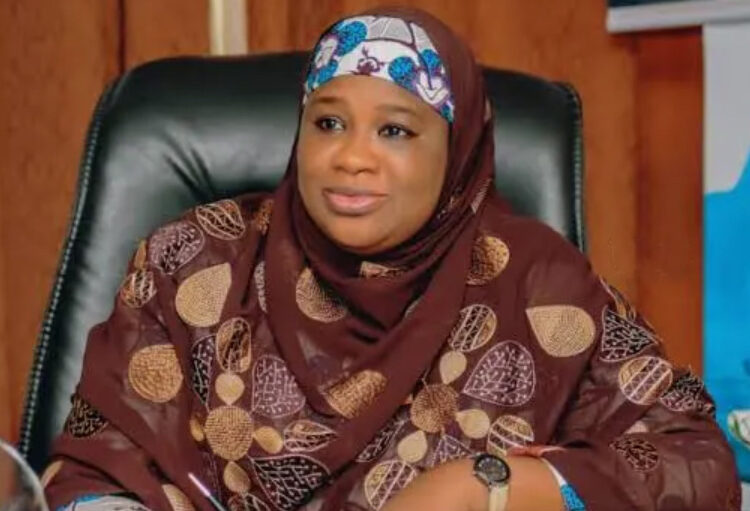Federal Capital Territory (FCT) minister of state, Dr Mariya Mahmoud, has inaugurated the FCT At-Risk Children Implementation Committee to ensure the well-being and protection of every child in the nation’s capital.
The minister said its establishment is a crucial step towards addressing the needs of identified vulnerable children and ensuring they are not left behind.
Mahmoud tasked the committee with developing and implementing comprehensive strategies to support at-risk children in the FCT, including providing them with access to essential services, protection from harm, and opportunities for education and social development.
“Our children are the future of our nation, and it is our responsibility to provide them with the care, protection and support they need to thrive and reach their full potential.
“Unfortunately, there are many children in the FCT who are at risk due to various factors such as poverty, abuse, neglect, and lack of access to education and healthcare,” she said.
She expressed confidence in the committee members’ ability and dedication to the assignment.
The minister also urged them to work tirelessly and collaboratively to identify the most pressing needs of at-risk children in the FCT and to develop effective solutions to address them.
“The outcome of this committee can make a real and lasting difference in the lives of these children and help them build a better future for themselves and our nation,” she said.
The committee chairperson, Hajia Adamu Kuku, while speaking on behalf of the members, said that the ‘At-Risk Children Project’ was a visionary initiative that aimed to protect the children’s future by addressing the various risks they encounter.
She assured that the administration would create a safe, nurturing, and empowering environment for every child in the territory.
“Leveraging the strengths of the technical diversity in the committee, our strategy will be comprehensive, effective, and multi-dimensional, guaranteeing no child falls behind.
“We will work hand-in-hand with local government area councils who are the closest administrative bodies to the communities, and their close knowledge of local challenges and dynamics is invaluable,” she said.





